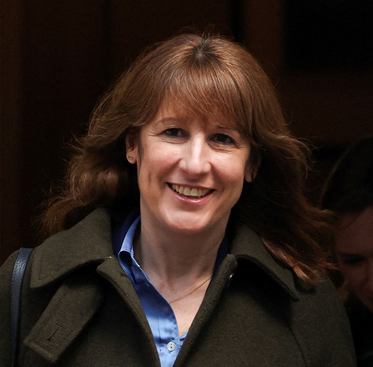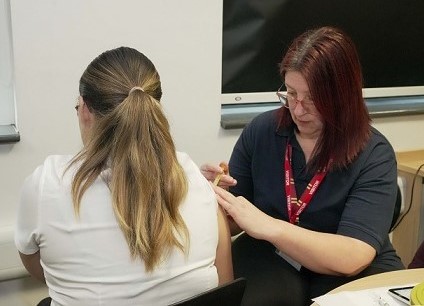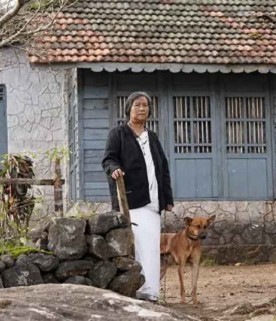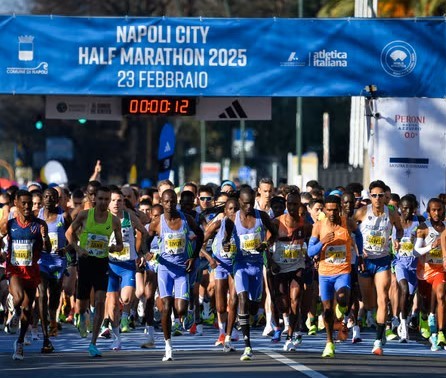The Commonwealth has announced that Dr Willy Mutunga, Chief Justice of Kenya, will take up the role of the Secretary-General’s Special Envoy to Maldives. The appointment was made at the request of the Government of Maldives. Over the last few years, the Commonwealth has become increasingly concerned about the political situation in the country. This has included the arrest and detention of senior political figures, constriction of space for civil society and the media, and weakening of the separation of powers.
Dr Mutunga is a lawyer, reformist, academic and recently retired Chief Justice of Kenya. He has an expansive career in the areas of constitutional reform, mediation and coalition building. As an exiled Kenyan student, he obtained his Doctorate of Law from Osgoode Hall Law School in Toronto. Returning to Kenya, Dr Mutunga played an integral role in the country’s constitution-making processes in the early 1990s and lent an important hand to implementing the 2010 Kenyan Constitution.
“We are delighted and honoured that Dr Mutunga, who is one of the most prominent jurists in the Commonwealth, has agreed to be my Special Envoy to Maldives as he retires as Kenya’s Chief Justice. The Maldives and the Commonwealth are likeminded on the benefits of appointing a Special Envoy to assist the country to strengthen the culture and institutions of democracy. The Commonwealth looks forward to continuing to support the Government and people of Maldives to become a stronger multi-party constitutional democracy,” said Commonwealth Secretary-General Patricia Scotland, commenting on the appointment.
“Dr Mutunga comes with a wealth of judicial knowledge and sagacity. His ability to listen to all sides and to mediate is second to none. The fact that he has had to deliberate on some of the most sensitive issues pertaining to past difficulties in Kenya makes him an eminently sensible choice to be envoy to Maldives.” .
As Special Envoy, Dr Mutunga will act on behalf of the Secretary-General and will be independent of the Government of Maldives. He will consult with all relevant stakeholders to encourage the strengthening of a pluralist, multi-party democracy, steps towards credible and inclusive presidential elections in 2018 and the advancement of reforms to give full effect to the separation of powers.
At a meeting in April, the Commonwealth Ministerial Action Group (CMAG) issued a statement calling for the country to make priority reforms, including releasing political figures from detention, independence of the judiciary and the separation of powers, freedom for civil society and ending abuse of anti-terrorism legislation. The Group, made of nine Commonwealth foreign ministers, called for Maldives to make “clear, measurable progress” as it encouraged the country’s Government and opposition to move closer to achieving “purposeful and forward-looking” dialogue.
















